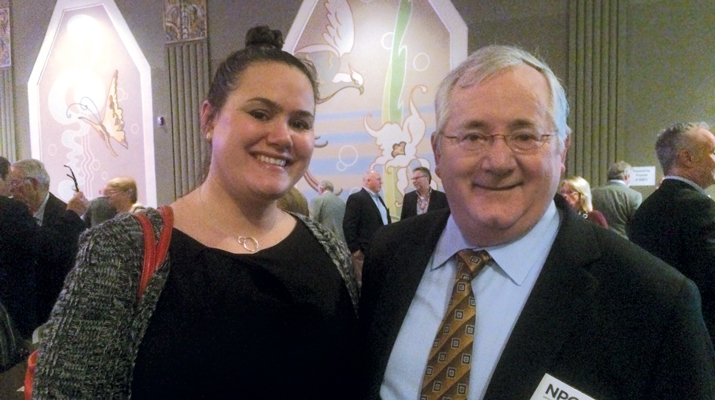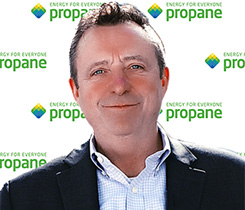Criminal charges may accompany civil litigation
Over the years, we have shared frank discussions of what may happen if your company finds itself in the crosshairs of a claim or lawsuit.
One development that seems to occur with more frequency in catastrophic events is the potential for criminal charges brought against a company subject to parallel civil litigation.
When a fire or explosion occurs, government investigators have first access to the scene to investigate the origin and cause of the event. These investigators typically look for evidence of potential criminal activity. Was this arson? Was it a drug-making operation? Was this a suicide or homicide, in the case of loss of life?
The investigation may look at the actions of an employer if it is a work site explosion. Alternatively, the government investigation may look at how the gas system was set up and maintained.
The more high profile an explosion, the higher the likelihood of an investigation to see if criminal charges are warranted. The actual evidence gathered from the scene – witness statements, video and electronic data, and background checks – typically drives these investigations. Certainly, there are cases where the threat of criminal prosecution is politically driven.
The potential for criminal charges against a client or an opposing party will influence if and how a civil case proceeds.
Court proceedings
Typically, if my client is facing criminal charges or the potential for criminal charges, I have him retain separate counsel to advise him. The client remains at risk as long as the statute of limitations has not run on the potential criminal charges or until dismissal of the charges. In my experience, the client will not sign any written pleadings on the advice of counsel. If a deposition is requested, we seek to quash that deposition and seek to stay or stop the civil case from proceeding until the criminal case is over or until the statute of limitations has run and the client is no longer at peril of a conviction.
However, courts are not always inclined to grant a stay of civil litigation. The court may allow the case to proceed against defendants that are not facing criminal peril. It may even order the party facing criminal charges to testify at a deposition under oath. If the client has to give a deposition under oath, he will have his criminal defense lawyer attend that deposition. As each question is asked, the criminal defense lawyer will advise the client whether he can answer the question or plead the Fifth Amendment.
Pleading the Fifth means you will not answer the question because the answer may incriminate you for criminal acts. This protection is afforded to all of us under the U.S. Constitution. The principle is that we do not have to provide evidence against ourselves. If the government wants to prosecute us for a crime, it must do so with evidence it gathers outside of our own testimony. You can waive your right to this protection and testify. However, good counsel will advise you to be silent when facing criminal charges.
If a witness does exercise his rights by taking the Fifth, that testimony could be read to the jury, and it would infer negligence or fault. However, attorneys seeking to read that testimony into the record at trial have to show the court they have done all they could to get the testimony from the witness. This may include seeking an order from the court that the witness must give substantive answers to questions posed to him. The court must consider if there is a legitimate reason to assert the Fifth. If it finds there is not a legitimate reason, it can order the witness to give substantive answers to questions. If the court denies the request, it then allows the attorney to read to the jury questions and answers where the witness asserted the Fifth, which may imply fault.
One wrinkle that may void the right to claim the privilege against self-incrimination is if the person asserting the right has an affirmative claim, meaning the person is bringing the lawsuit. If this is the case, courts often require the person to either dismiss the affirmative claim or testify.
John V. McCoy is with McCoy, Leavitt, Laskey LLC. His firm represents industry members nationally. He can be reached at 262-522-7007.
















